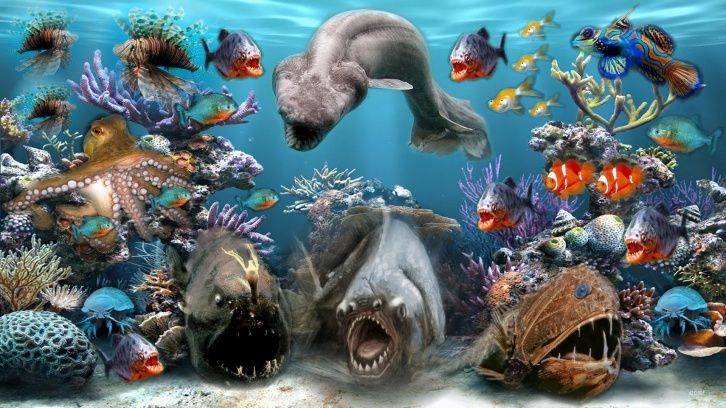
FAQ About Ocean Life

What is the impact of overfishing on marine life?
Overfishing, which refers to the excessive and unsustainable harvesting of fish and other marine organisms from the ocean, has significant negative impacts on marine life and ecosystems. Here are some key effects of overfishing:
- Depletion of Fish Stocks: Overfishing can lead to the depletion or collapse of fish stocks, meaning that the population of a particular fish species declines to dangerously low levels. When fish stocks are overexploited, they may not have enough time to reproduce and replenish their numbers. This can disrupt the balance of marine ecosystems and result in the loss of valuable fisheries resources.
- Impacts on Food Webs: Removing large numbers of fish from the ocean disrupts the structure and functioning of marine food webs. Predatory fish, such as sharks or large predatory fish like tuna, play crucial roles in maintaining the balance of the ecosystem by controlling the population of prey species. Overfishing can lead to a decline in predators, causing imbalances and potentially cascading effects throughout the food web.
- Altered Ecosystem Dynamics: Overfishing can alter the structure and dynamics of marine ecosystems. The removal of certain fish species can lead to an increase in the population of other species, resulting in shifts in species composition and ecological interactions. These changes can have consequences for the overall health and resilience of the ecosystem.
- Disruption of Habitat and Biodiversity: Overfishing practices, such as bottom trawling, can damage or destroy critical marine habitats, including coral reefs, seagrass beds, and underwater canyons. These habitats provide important breeding grounds, nurseries, and shelter for various marine organisms. By damaging or removing these habitats, overfishing reduces biodiversity and disrupts the intricate balance of marine ecosystems.
- Economic and Social Impacts: Overfishing can have significant economic and social consequences. When fish stocks collapse, it negatively affects the livelihoods of fishermen and fishing communities who depend on fishing for income and sustenance. Overfishing can lead to job losses, economic instability, and social challenges for communities that rely heavily on fisheries resources.
- Loss of Ecosystem Services: Healthy marine ecosystems provide a range of valuable ecosystem services, including food production, coastal protection, climate regulation, and recreational opportunities. Overfishing undermines these services, impacting not only marine life but also the well-being and livelihoods of human populations.
